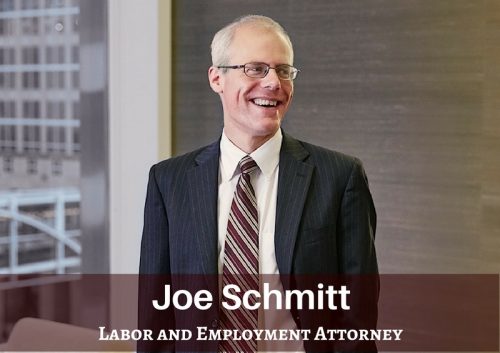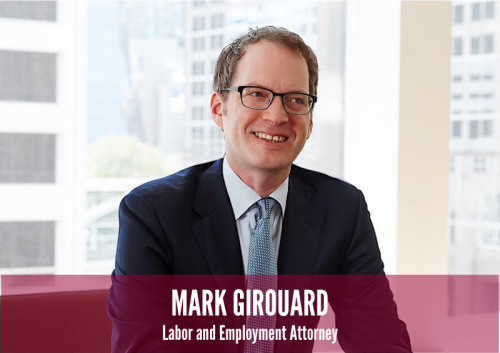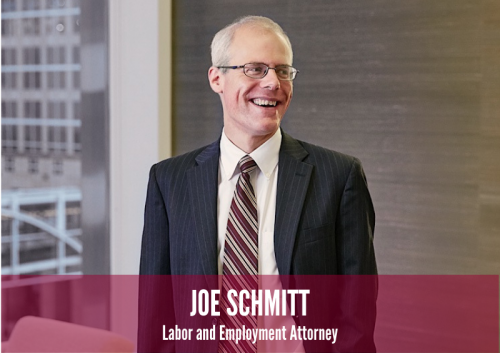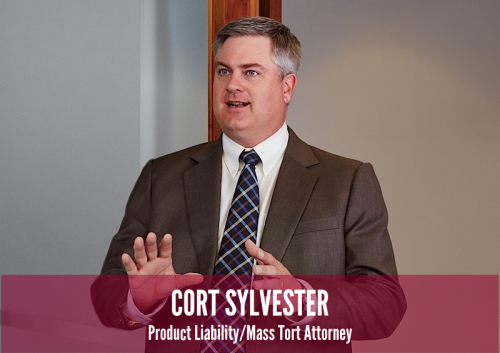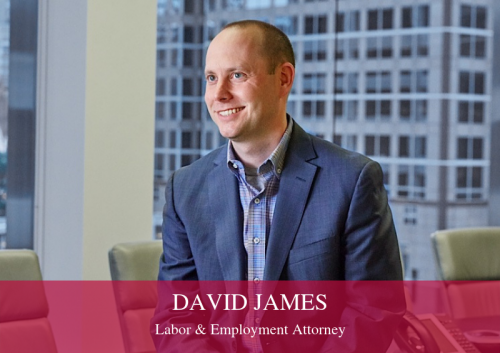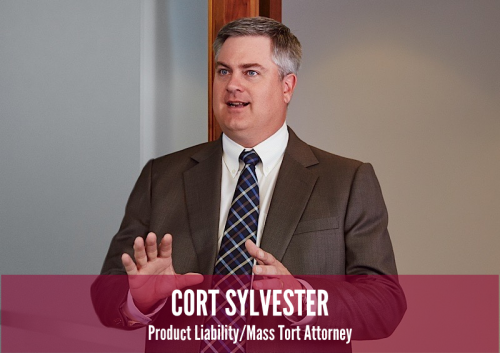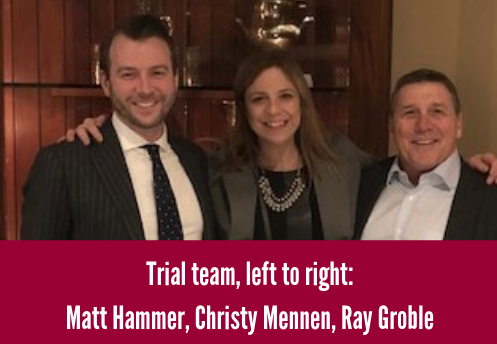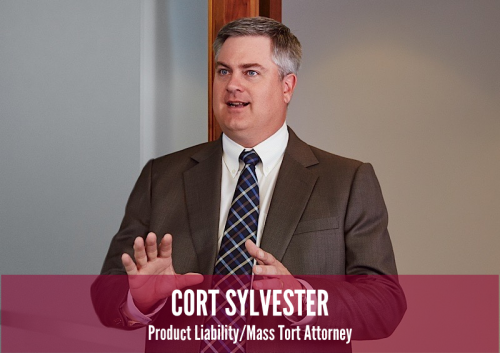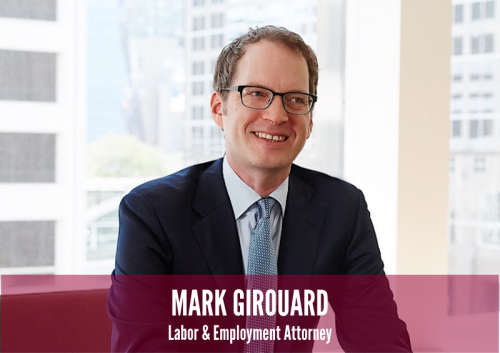
Posted April 11, 2019 with Tags FELA, FELA Trials, Women attorneys, Women litigators
In 1908, Congress enacted the Federal Employers Liability Act (FELA) to protect and compensate railroad employees injured on the job. While the railroad industry and overall employee protections (workers compensation, etc.) have evolved over the last century, FELA has remained intact, offering plaintiffs lenient thresholds that have rendered a challenging environment when defending FELA cases. While these cases are often handled by male-dominated teams, over the past few years, women at Nilan Johnson Lewis (NJL) have shaken up the traditional FELA landscape, garnishing an undefeated string of defense wins.
